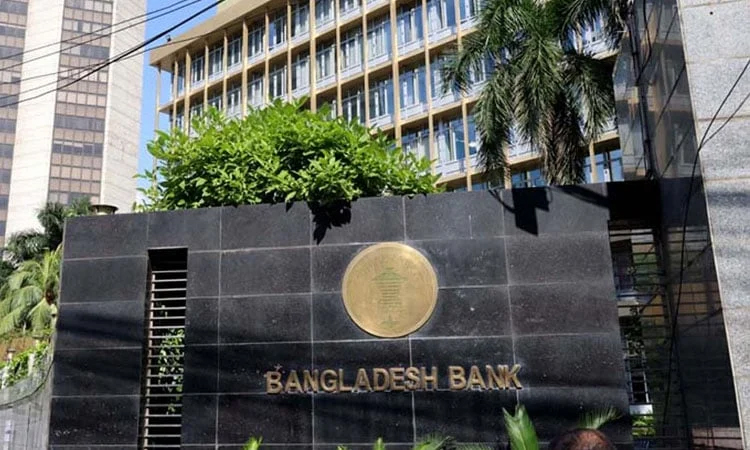News Flash

DHAKA, April 06, 2025 (BSS) – Bangladesh Bank (BB) Deputy Governor (DG) Dr. Md Habibur Rahman has observed that the new tariffs, imposed by the United States (US) authorities, will have minimal impact on Bangladesh’s exports.
“Most of our close competitors are now facing higher tariff barriers than Bangladesh. Although countries like China, India, and Pakistan may still enjoy lower overall tariff rates under the new scenario, Bangladesh may actually stand to benefit,” he said on a facebook post today.
Recently, the US authorities have abruptly revised their import tariffs on all countries they trade with.
According to announcement of US authorities, tariffs on Bangladeshi goods have been increased to 37 percent.
Bangladeshi goods previously had an average tariff of 15 percent so far, but the new tariffs have now more than doubled.
Habibur Rahman said China has already begun retaliatory measures, making the China-US trade war a completely different Ball-Game.
“Bangladesh is unlikely to be negatively affected -in fact, we might even benefit from the situation. I strongly believe the China-US trade conflict could open up opportunities for a country like Bangladesh,” he added.
“As for Pakistan, he said, “They lag significantly behind us in terms of capacity and efficiency. Thus, we don’t need to be overly concerned about them.”
However, the deputy governor mentioned that India poses a more credible challenge.
“Although India still needs considerable time to reach the level of cost efficiency Bangladesh currently enjoys, it could become a serious competitor in the long run if we don’t take proactive steps,” he added.
Responding to a question on Ready-Made Garments (RMG) export, Habibur Rahman said that at present, Bangladesh primarily exports two broad categories of RMG.
“The first category, accounting for over 85-90 percent of total RMG exports, includes lower-end, low-priced products that tend to have inelastic demand (price elasticity < 1). These products are unlikely to be affected by the new tariffs, as we observed during the COVID-19 pandemic and the 2007-‘08 Global Financial Crisis,” he added.
He said the second category, comprising 10–15 percent of total RMG exports, includes higher-value, luxury products with elastic demand (price elasticity > 1). This segment may face more challenges due to tariff changes.
“Therefore, it is crucial to engage in effective negotiations with US authorities. Bangladesh imports several items from the USA, many of which are either duty-free or subject to minimal tariffs. Our government should leverage this trade balance to seek exemptions or favorable terms in the new tariff regime. If necessary, Bangladesh may also reconsider its own tariff policies on US imports to create a mutually beneficial outcome,” he added.
Habibur Rahman said that another important issue is how previously executed orders will be treated.
“Will they be subject to the new tariffs, or will they be considered part of the old agreement? This ambiguity could create confusion and concern among buyers and sellers. If past orders are exempted, future trade deals will simply adjust to the new normal,” he added.
However, he said, it is clear that negotiations with the new US administration will be challenging. “Bangladesh must remain focused, strategic, and vigilant in its negotiation efforts moving forward,” he added.